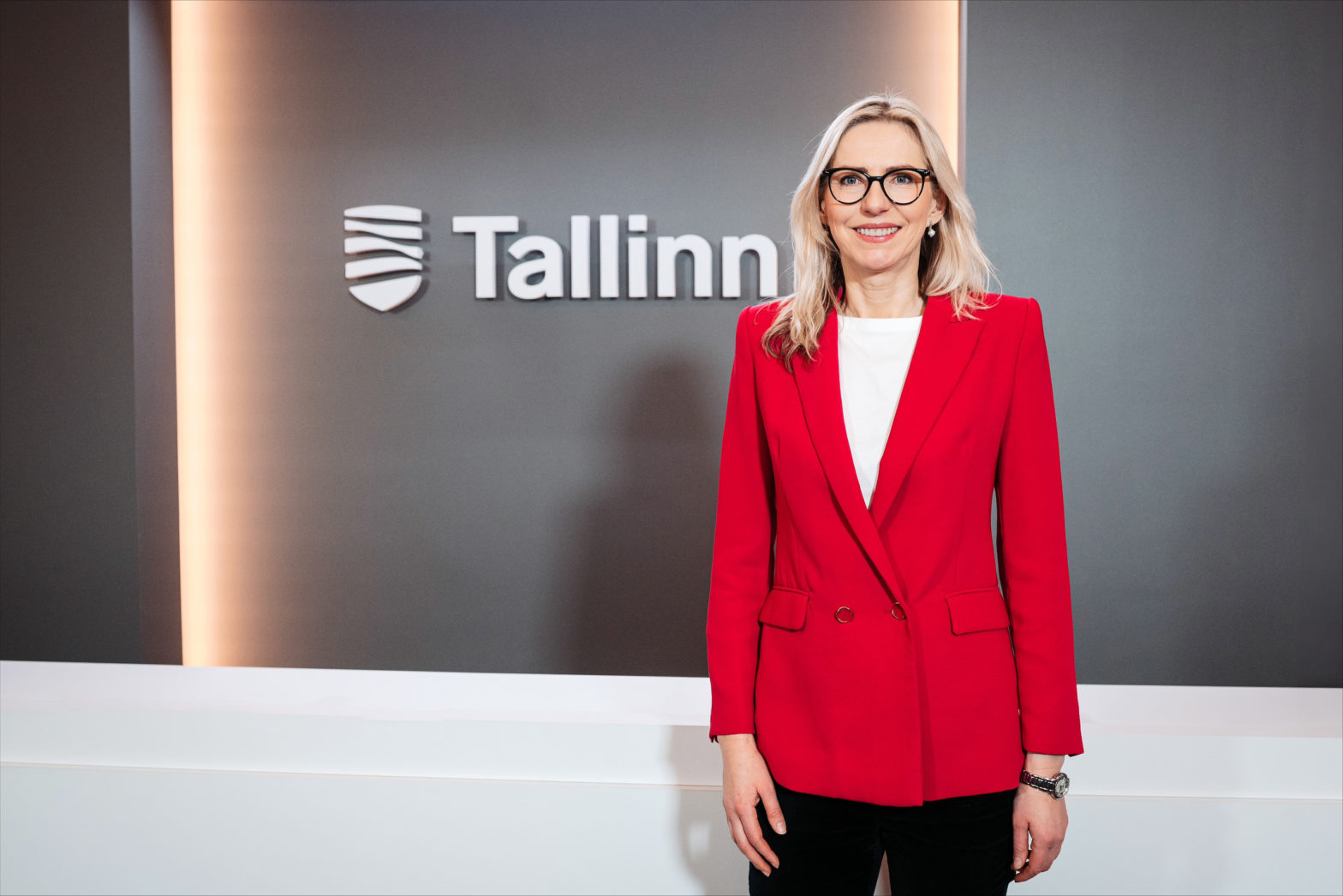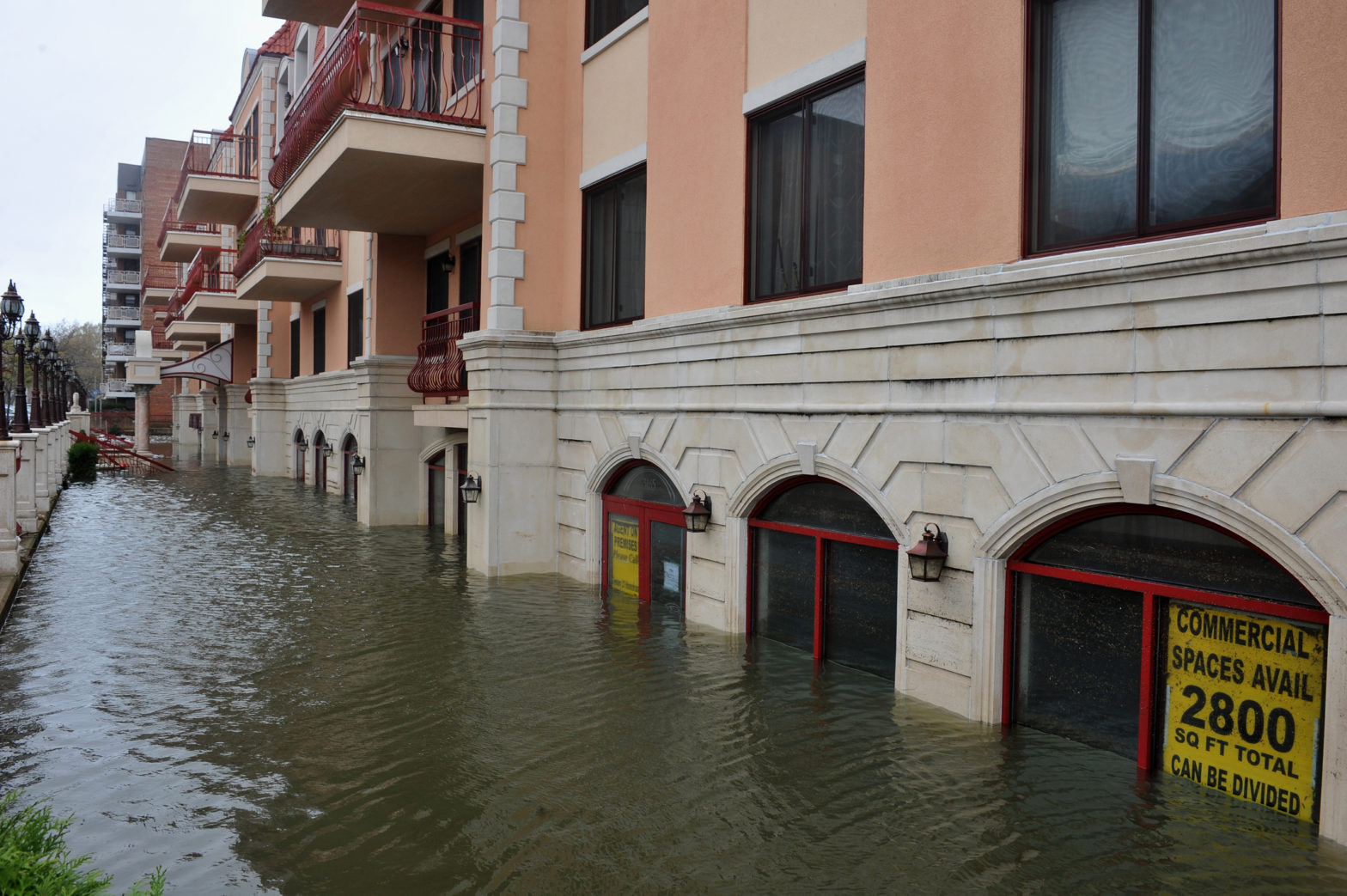
Tallinn and Heidelberg unite to accelerate urban innovation
12 May 2025
by Jonathan Andrews
Tallinn and Heidelberg have embarked on a two-year collaboration to test and scale smart city solutions, building on Tallinn’s established Test in Tallinn programme.
The partnership enables start-ups to pilot innovative technologies in real urban environments, while both cities share expertise and infrastructure to support sustainable, citizen-focused development.
The initiative is structured around the city’s Tallinnovation platform, which handles applications, evaluation, and monitoring of pilot projects. Estonian and international start-ups can apply through this unified portal, with proposals jointly assessed by experts from both cities, academic institutions, innovation hubs, and municipal departments.
Speaking to Cities Today, Margot Roose (pictured), Tallinn’s Deputy Mayor for Business and Circular Economy, said the partnership is about transferring proven processes to help cities innovate faster and more effectively.
“We’ve developed a structured, city-supported model for piloting emerging technologies,” she said. “Now we’re transferring those lessons to Heidelberg, helping them implement a collaborative, city-led testbed model.”
Heidelberg has set specific priorities for its testing environment–ranging from mobility and decentralised energy systems to public service innovation and citizen engagement. The first potential joint pilot could be Test in City, a network solution designed to connect urban testbeds, which has already been accepted into the Tallinn programme.
Roose emphasised the importance of embedding innovation in daily city operations.
“We are eager to offer our tips on integrating testing projects into the city’s systems, motivating colleagues to incorporate innovation testing into their daily routines, and securing buy-in from citizens and state-level organisations.”
The Tallinnovation initiative will remain central to managing the cooperation, with ambitions to bring additional partner cities into the fold.
“We’re using our international network to create an open, replicable model for city-led innovation,” Roose said. “We will monitor all test projects using both qualitative and quantitative metrics,” she said. “Our primary goal is to foster the growth of participating companies, particularly by boosting their export revenue. At the same time, we want to see real implementation of innovative solutions in city systems.”
According to Heidelberg’s mayor Eckart Würzner, the partnership between Heidelberg and Tallinn represents a strong signal for European innovation power.
“Tallinn is one of the leading cities in Europe in the areas of innovation and digitalisation,” he said. “With the successful Estonian programme Tallinnovation, we strengthen Heidelberg as an innovation hub and the start-up landscape in our city. The cooperation helps us find innovative and forward-looking solutions that benefit the city administration and the citizens of Heidelberg.”
The agreement will remain in effect for an initial period of two years and may be extended by mutual agreement between the parties.
Image: City of Tallinn













